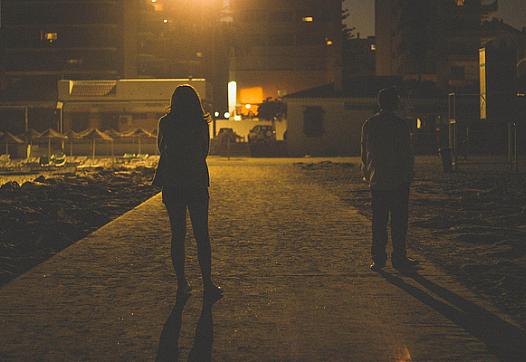
in 2017, the rate of suicide attempts for Hispanic teens in Texas was 11.4 percent, compared with 8.2 percent nationally, according to data from the CDC.

in 2017, the rate of suicide attempts for Hispanic teens in Texas was 11.4 percent, compared with 8.2 percent nationally, according to data from the CDC.
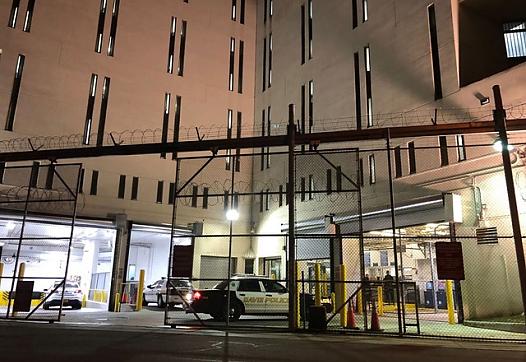
How many deaths and needless suffering could be prevented if county jails had better health care systems?
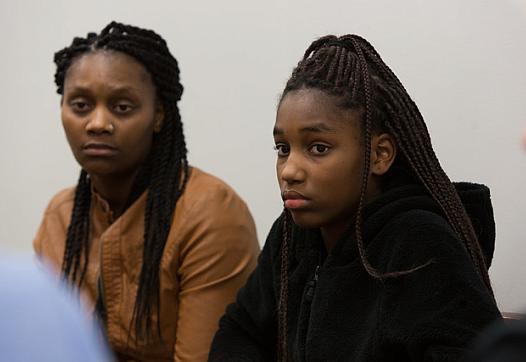
For the past decade, the vast majority of the young people in Louisville’s secure detention facility have been black. A reporter wonders why more people aren't talking about the disparity.
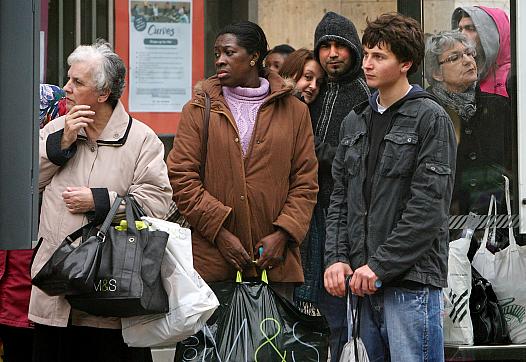
“We need to think of race as a proxy for racism, rather than race as a proxy for biology," says Drexel University's Michael Yudell.
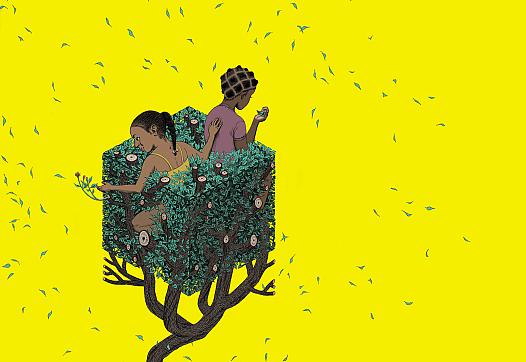
Parks can improve health and fight climate change. But not all parks affect a community the same way. Increasingly, activists and residents are asking the question, "Who's it for?"
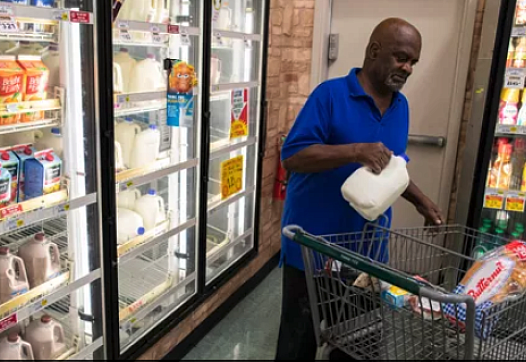
Over the past decade, study after study has shown that thousands of people who live within certain areas of Louisville don't have adequate access to food.
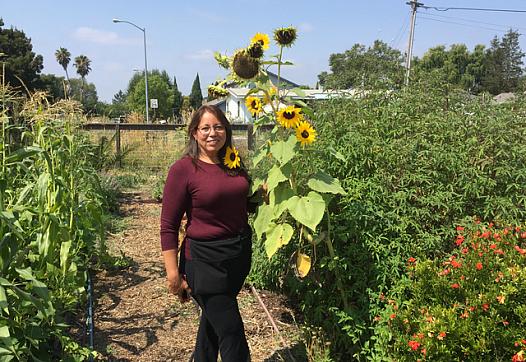
This reporting is supported by the USC Annenberg Center for Health Journalism Impact Fund.

The reporting is supported by a grant from the USC Annenberg Center for Health Journalism Impact Fund.

This work is supported by a grant from the USC Annenberg Center for Health Journalism Impact Fund....
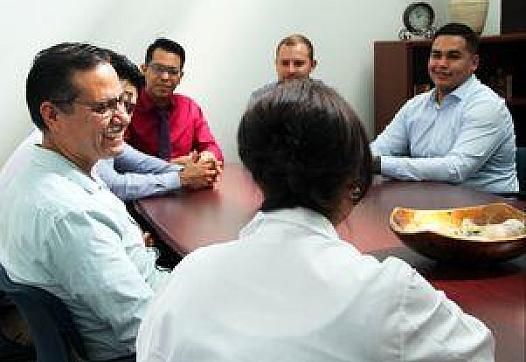
This story was produced for the USC Center for Health Journalism’s California Fellowship.